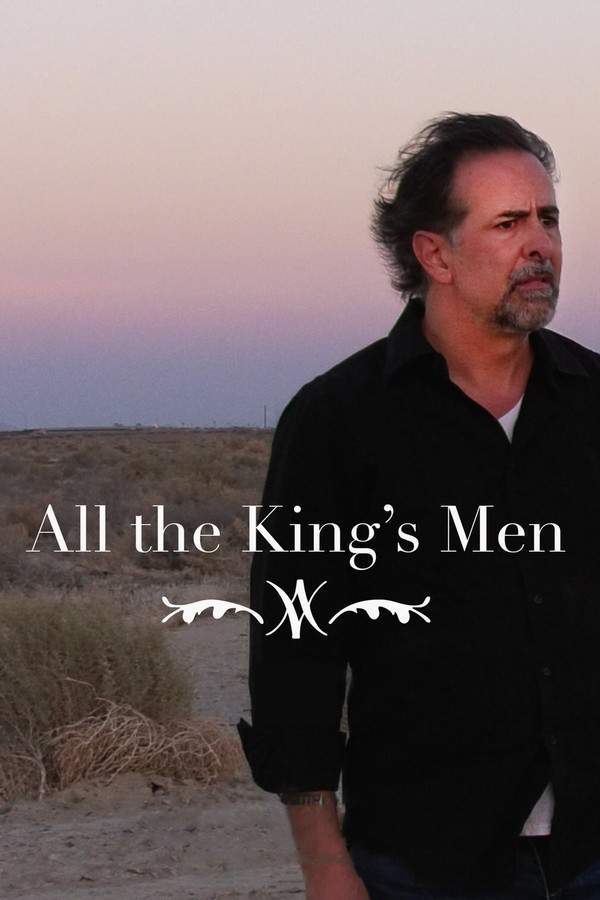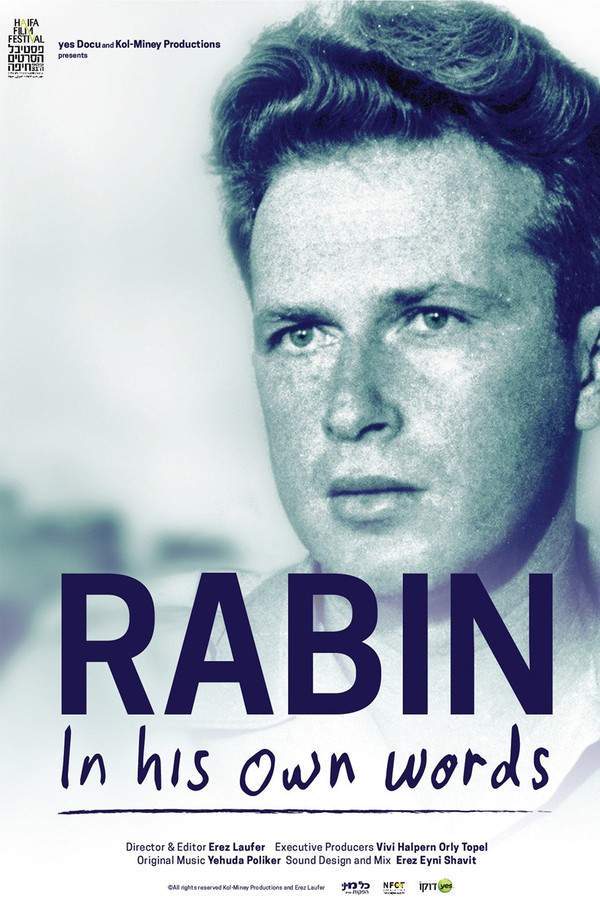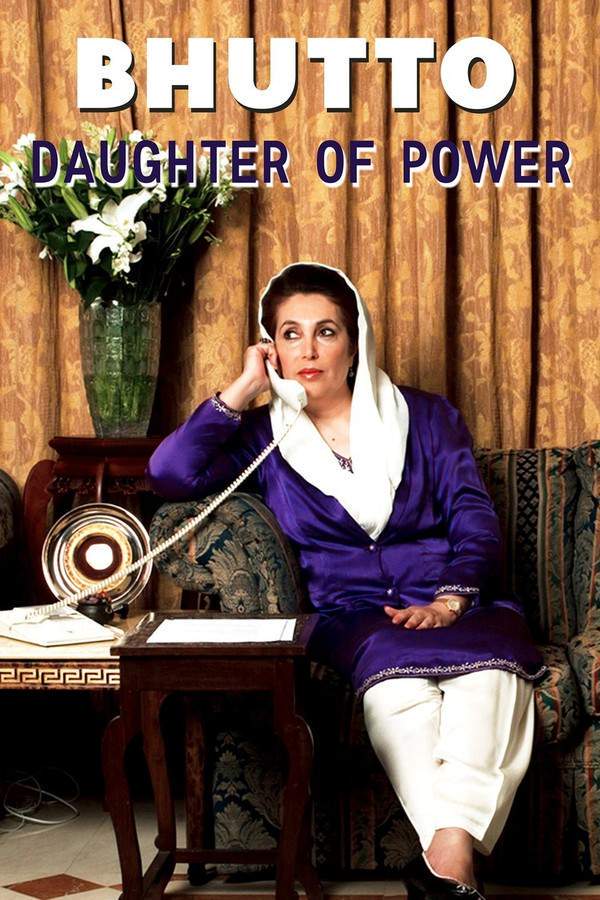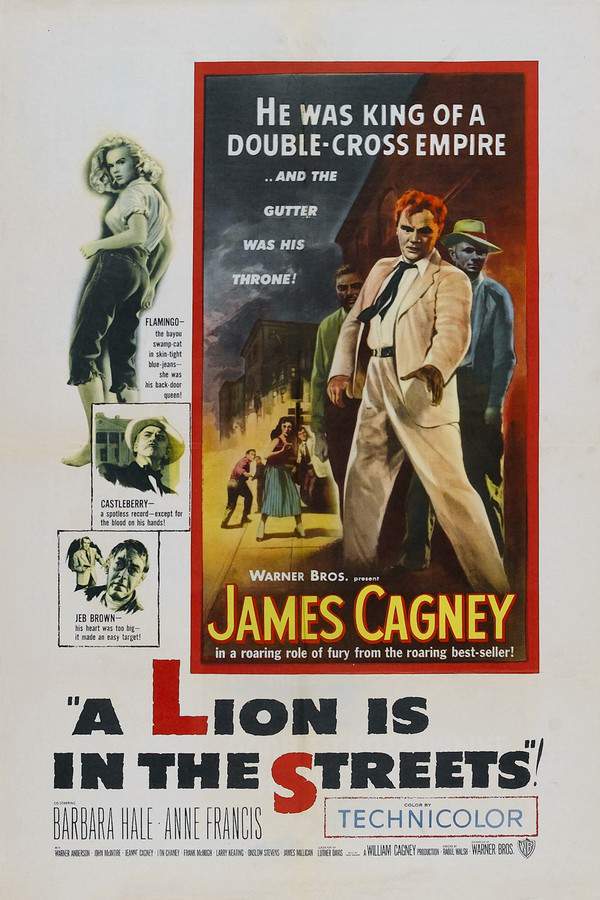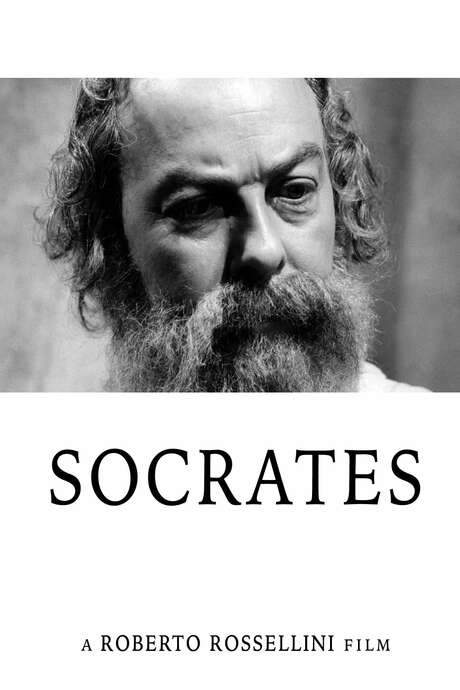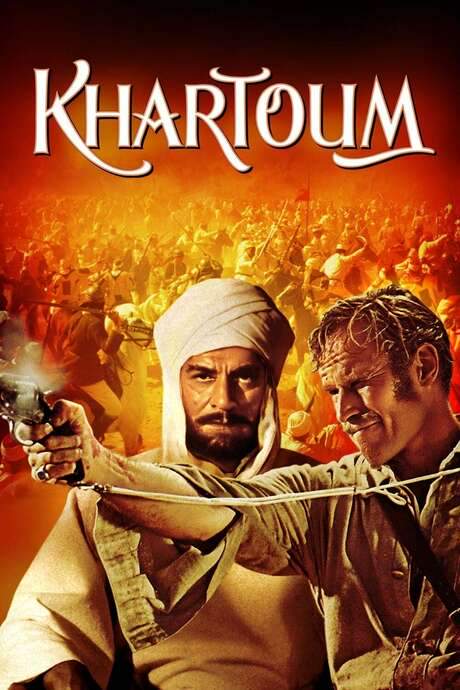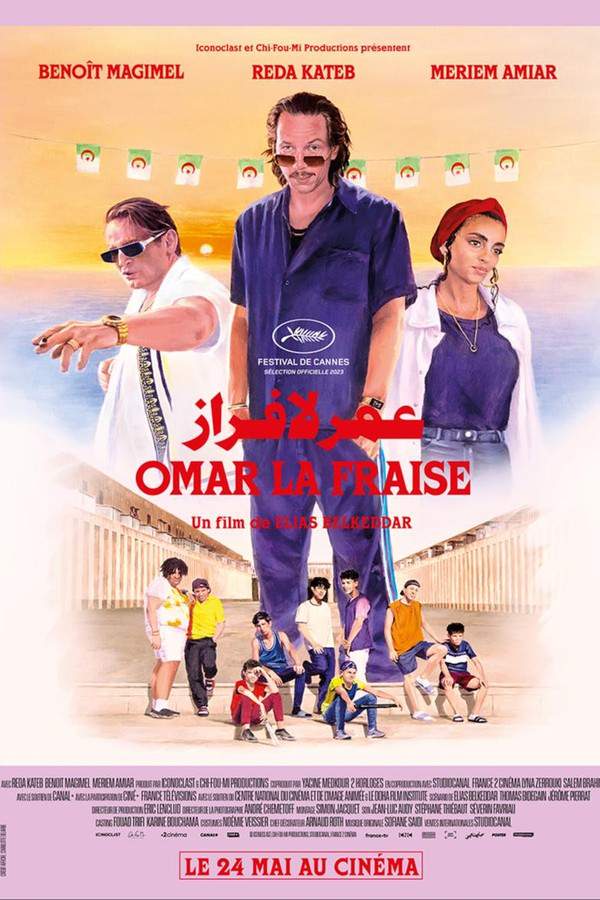
Mujib: The Making of a Nation
Year: 2023
Runtime: 176 mins
Language: Bengali, Bangla
Director: Shyam Benegal
Echo Score: 66Budget: $830M
This film chronicles the life of Sheikh Mujibur Rahman, the founding father of Bangladesh. It portrays his childhood, his early resistance against injustice, and his pivotal role in the fight for his nation’s independence. The movie explores how his leadership and unwavering commitment to justice inspired a country to achieve its freedom.
Warning: spoilers below!
Haven’t seen Mujib: The Making of a Nation yet? This summary contains major spoilers. Bookmark the page, watch the movie, and come back for the full breakdown. If you're ready, scroll on and relive the story!
Mujib: The Making of a Nation (2023) – Full Plot Summary & Ending Explained
Read the complete plot breakdown of Mujib: The Making of a Nation (2023), including all key story events, major twists, and the ending explained in detail. Discover what really happened—and what it all means.
The film traces the life of Sheikh Mujibur Rahman Arifin Shuvo, charting how a determined leader grew from student activism to the central figure who helped birth a nation. It opens with a triumphant homecoming on 10 January 1972, when thousands of grateful people flood the streets and garlands are placed around Mujib’s neck as he speaks to a crowd that seems to embody a new beginning. The message he delivers is one of reconstruction and renewal for a newborn country, a theme that threads through the narrative as it then shifts to Mujib’s early years. The story of the man behind the movement is told in part through the recollections of his wife, Begum Mujib Nusrat Imrose Tisha, who narrates the events from Mujib’s childhood and youth, offering a personal lens on his formative experiences.
As a young man, Mujib comes into contact with Huseyn Shaheed Suhrawardy Tauquir Ahmed, a significant early influence who recognizes Mujib’s loyalty and potential as a political organizer. Mujib’s own political arc accelerates during the era of British rule and leading up to the agonizing years that shaped East Pakistan’s demands for greater autonomy. After his time at Calcutta’s Baker Hostel, he earns admission to Dhaka University, where the flame of dissent grows brighter. The university becomes a stage for one of the defining moments in South Asian history: on 21 February 1952, students march demanding Bengali as the national language, and the police open fire on the procession, inflicting heavy casualties. In response, Mujib undertakes a hunger strike while he is imprisoned, a testament to his willingness to endure hardship for a cause. Alongside the language movement, he engages in the broader anti-Ayub movement, drawing strength from allies like Tajuddin Ahmad [Riaz], Maulana Abdul Hamid Khan Bhashani [Raisul Islam Asad], Manik Mia [Tushar Khan], and Shamsul Huq [Siam Ahmed], all of whom support and propel his growing leadership.
The film then chronicles Mujib’s rising clout within East Pakistan’s political landscape, where he challenges the status quo, defends press freedom, and refuses to bow to impinging authority. He voices unpopular truths in public forums and engages in protests outside parliament, actions that repeatedly lead to his arrest and imprisonment. In 1966 he articulates the six-point demands that crystallize his vision for autonomy, and the ensuing mass uprising of 1969, followed by the pivotal general election of 1970, set the stage for a dramatic turn in regional history.
A landmark moment arrives on March 7, 1971, when Mujib delivers his famous 7th March speech at Race Course Maidan, rallying people to the cause of independence even as he is rearrested by the Pakistani Army. Imprisoned in West Pakistan, he becomes, in his absence, a potent symbol for a movement that would soon culminate in war and liberation. The narrative emphasizes Begum Mujib’s political acuity during Mujib’s captivity, portraying how she maintains momentum and sustains the struggle with a clarity that complements Mujib’s own leadership.
The Bangladesh Liberation War unfolds with the indispensable support of India, and the film depicts how this alliance, along with the steadfast resolve of the Bangladeshi people, leads to the surrender of the Pakistani army and the birth of a free nation. In 1972 Mujib returns to his homeland and, as prime minister, steers the country through a crucial period of nation-building. The film highlights his efforts to draw on elder statesmen’s guidance, articulate a new constitutional framework, and supervise the first general elections. It also touches on his humanitarian stance during the 1974 famine, refusing to accept a harsh compromise of scarcity and hardship for the people.
Political life deepens as Mujib reshapes the embryonic political landscape, founding the provisional Bangladesh Krishak Sramik Awami League and serving as the party’s president, a move that cements his central role in shaping the newborn state. Yet the story underscores the paradox of power: while Mujib strives to create an exploitation-free society, a clandestine network within the nation’s political and military spheres converges with the military, culminating in a dramatic turn of events. The film recounts how, on the night of 15 August 1975, Mujib and many family members are slain in a brutal coup plot led by dissident military officers. The portrayal captures the shock, ambiguity, and lasting impact of that moment on a country still in the process of healing and consolidation.
Alongside the central figure of Mujib, the film weaves in a broad tapestry of people who shape his life and the country’s fate. The early scenes introduce the young Lutfar Rahman [Chanchal Chowdhury], whose presence foreshadows the future generations of leadership around Mujib, while the narrative also highlights the bonds between siblings and peers. The Hasina generation arrives through [Nusrat Faria Mazhar]’s portrayal of Sheikh Hasina, and [Sabila Nur] appears as Sheikh Rehana, each connected to the larger arc of national memory. The sacrifice and courage of other key figures—Jamal, Shamsul Huq, and Noor Chowdhury—are touched upon through the ensemble of actors who give voice to a shared struggle, including [Sharif Siraj] for Sheikh Jamal, [Siam Ahmed] for Shamsul Huq, and [Rohan Roy] for Noor Chowdhury, among others. The film also introduces the elder generation and the family ties that grounded Mujib’s political life, including characters like Renu (Sheikh Fazilatunnesa Mujib) brought to life by [Nusrat Imrose Tisha], who offers a personal perspective on Mujib’s public battles and private resilience, and the grandparent figure of Renu’s Grandfather [Gazi Rakayet], whose memories intersect with the nation’s memory.
Overall, the film presents a sweeping, character-driven portrait of a man who became the symbol and architect of Bangladesh’s birth. It blends intimate, family-centered storytelling with a dense historical tapestry—language movements, political contests, uprisings, the liberation war, constitutional design, famine-era decisions, and a fatal coup—into a single, continuous narrative that honors the complexity and significance of Mujib’s life and the enduring legacy of a country built from struggle, sacrifice, and hope.
Last Updated: October 01, 2025 at 12:51
Explore Movie Threads
Discover curated groups of movies connected by mood, themes, and story style. Browse collections built around emotion, atmosphere, and narrative focus to easily find films that match what you feel like watching right now.
Movies about tragic revolutionary leaders like Mujib: The Making of a Nation
Epic stories of inspiring figures who guide nations to freedom but meet a tragic end.For viewers of Mujib: The Making of a Nation, this collection features powerful biopics and historical dramas about leaders who fought for national freedom. If you were moved by the story of Sheikh Mujibur Rahman, you'll find similar films exploring the inspiring yet ultimately tragic arcs of other revolutionary figures who shaped history.
Narrative Summary
Stories in this thread typically follow a linear, epic timeline, tracing a leader's journey from early idealism through political struggle to revolutionary triumph. The narrative pattern culminates in a tragic downfall, often through assassination or betrayal, creating a poignant blend of inspirational victory and profound personal loss.
Why These Movies?
Movies are grouped here for their shared focus on the biographical arc of a political leader, a consistently somber and respectful tone, and the emotionally heavy journey that balances patriotic fervor with the inevitability of a tragic conclusion. They resonate with a specific, powerful blend of inspiration and sorrow.
Solemn historical epics about nation-building like Mujib: The Making of a Nation
Weighty, methodical chronicles of a country's painful and complex birth.If you appreciated the historical scale and serious tone of Mujib: The Making of a Nation, this section highlights similar movies. Discover other epic dramas that explore the complex, often war-torn, journey of a country's struggle for independence and the difficult process of building a new state.
Narrative Summary
These narratives unfold over decades, using a steady, deliberate pace to cover significant historical events, political machinations, and warfare. They prioritize a comprehensive, often linear, overview of a national struggle, emphasizing the collective effort and high stakes over a single protagonist's intimate story.
Why These Movies?
These films share a high-intensity, dark tone driven by themes of war and political struggle. They are united by a steady pacing suited for complex historical events, a heavy emotional weight, and a focus on the macro-level drama of revolution and state formation rather than personal subplots.
Unlock the Full Story of Mujib: The Making of a Nation
Don't stop at just watching — explore Mujib: The Making of a Nation in full detail. From the complete plot summary and scene-by-scene timeline to character breakdowns, thematic analysis, and a deep dive into the ending — every page helps you truly understand what Mujib: The Making of a Nation is all about. Plus, discover what's next after the movie.
Mujib: The Making of a Nation Timeline
Track the full timeline of Mujib: The Making of a Nation with every major event arranged chronologically. Perfect for decoding non-linear storytelling, flashbacks, or parallel narratives with a clear scene-by-scene breakdown.

Characters, Settings & Themes in Mujib: The Making of a Nation
Discover the characters, locations, and core themes that shape Mujib: The Making of a Nation. Get insights into symbolic elements, setting significance, and deeper narrative meaning — ideal for thematic analysis and movie breakdowns.

Mujib: The Making of a Nation Spoiler-Free Summary
Get a quick, spoiler-free overview of Mujib: The Making of a Nation that covers the main plot points and key details without revealing any major twists or spoilers. Perfect for those who want to know what to expect before diving in.

More About Mujib: The Making of a Nation
Visit What's After the Movie to explore more about Mujib: The Making of a Nation: box office results, cast and crew info, production details, post-credit scenes, and external links — all in one place for movie fans and researchers.




